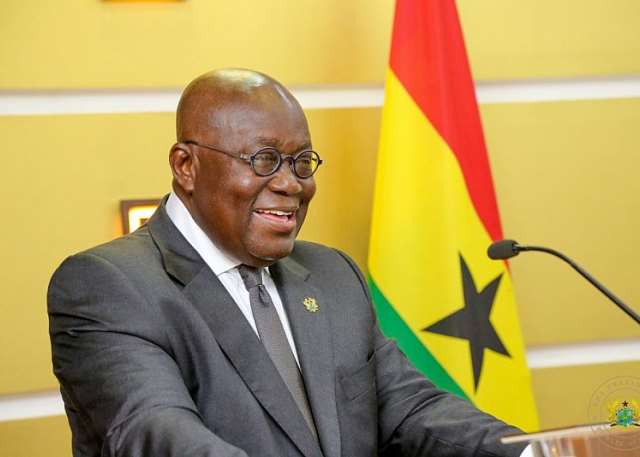
President Nana Addo Dankwa Akufo-Addo has not taken action on the Human Sexual Rights and Family Values Bill, often referred to as the anti-gay bill, which Parliament approved on February 28, 2024, according to reports from GhanaWeb.
His inaction was based on two legal challenges filed in the Supreme Court of Ghana regarding the bill’s constitutionality; however, these challenges have since been dismissed.
With the Supreme Court ruling now in place, questions arise about the next steps for President Akufo-Addo and the legal implications.
According to Article 106 of the 1992 Constitution of Ghana, the president is required to assent to bills within seven days of their passage by Parliament.
The constitutional provisions state that the power to legislate lies with Parliament, contingent upon presidential assent.
There is no clause indicating that ongoing legal action prevents the president from signing a bill into law.
Notably, the president previously assented to the Electronic Transfer Levy (E-Levy) Bill despite similar legal challenges that remain unresolved.
The Supreme Court’s dismissal of the lawsuits means the president has no legal barrier to assenting to the anti-gay bill.
The court indicated that the constitutionality of the bill could be assessed after it becomes law.
Given that the president has exceeded the seven-day timeframe to make a decision, it raises concerns about perceptions of his motivations, particularly regarding support for LGBT rights.




